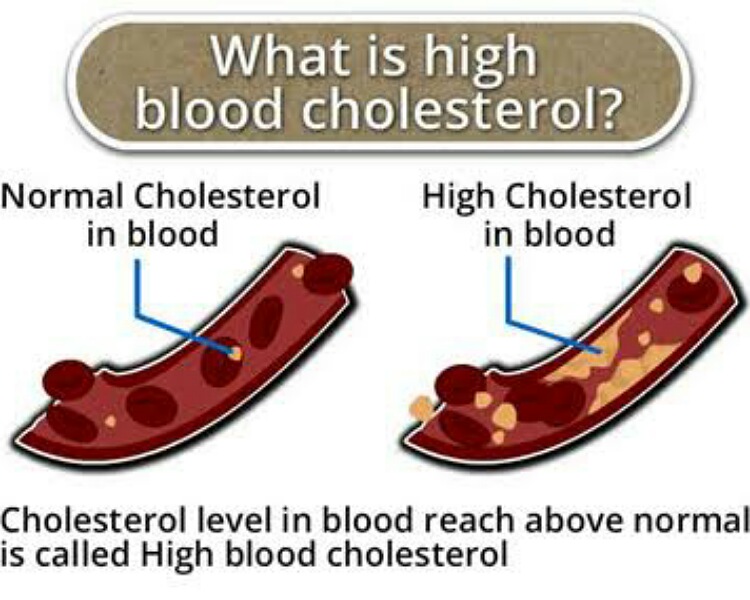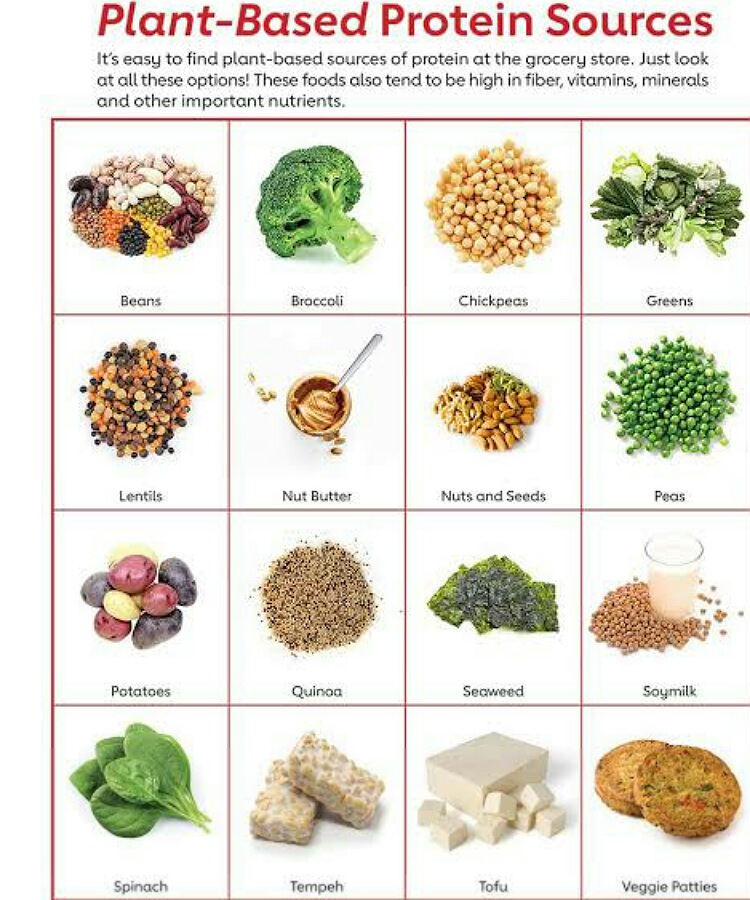High blood cholesterol was until now assumed to be a disease of old age. But increasingly young people are showing high levels of blood cholesterol. This is bad for their health and can give rise to early heart ailments, atherosclerosis, strokes and deaths. How to bring it under control?
High blood cholesterol in young people
In the olden days, high blood cholesterol was something we associated with old age. But the trend has changed. More and more young people are demonstrating abnormal blood cholesterol levels. British heart association showed that hypercholesterolemia was in 29% of people in the age group of 25 to 34 years in England. In the age group of 35 to 44 years, this stood at a high figure of 45%. It remains high in 55 to 64 years she group at 59%.

Cholesterol is of two types: good one or HDL cholesterol and the bad or LDL cholesterol. The former takes the cholesterol from cells to liver for breaking it down. While the second type elevates it in the blood giving rise to various chronic problems.
Cholesterol does have some functions in the body. It synthesizes vitamin D and steroid hormones and also bile salts. The latter aids in fat digestion. High cholesterol has genetic reasons. But diet and lifestyle also majorly influences it.
Expert views
Lynne Garton, a consultant dietitian at HEART UK says:
“Higher cholesterol levels are typically thought of as affecting older people, yet this growing body of evidence on increased cholesterol levels across young generations confirms it is a key health area that now needs to be tackled from a much younger age, to reduce the length of time the body is exposed to the effects of excess cholesterol.”
“Making changes to the diet is a simple yet vital way to manage cholesterol levels for all ages.”

Steps to reduce cholesterol in blood
Registered nutritionist Anita Bean provides tips on how to lessen blood cholesterol levels. She advises to replace animal proteins and have more of healthy plant proteins:
“Replacing some or all of the animal proteins that are high in saturated fat with healthful plant and other alternative proteins will help reduce your saturated fat intake, and contribute to maintaining a normal cholesterol level as part of a varied balanced diet and lifestyle.”
Pulses, tofu, nuts, seeds are better options. Additionally, regular exercise is essential for control of cholesterol of blood. She adds:
“To keep your heart healthy, your body needs adequate amounts of exercise,”
Every week, 150 minutes of moderate exercise or 75 minutes of vigorous exercise can serve the purpose. Walking is also good. Have more of fats that are good for the heart:
“Eating too many foods high in saturated fat can increase cholesterol levels,” says Bean. “We should be eating fewer foods high in saturated fat and instead focus on consuming – in moderation – foods with heart-healthy unsaturated fats.”
“Saturated fat is mainly found in fatty meat, full-fat dairy products, butter, lard, ghee, suet, palm and coconut oils and products made from them. Unsaturated fat is found in nuts, seeds, vegetable spreads and oils and many other plant-based foods.”

Also ensure five servings of fruits and vegetables per day. Anita advises:
“We should all be trying to consume at least five servings of fruit and vegetables each day,”
“Fresh, frozen, canned, dried – they all count.”
Read more: Which fish to avoid eating for high blood cholesterol?
Seek dietetic help if you are struggling to eat healthily.
